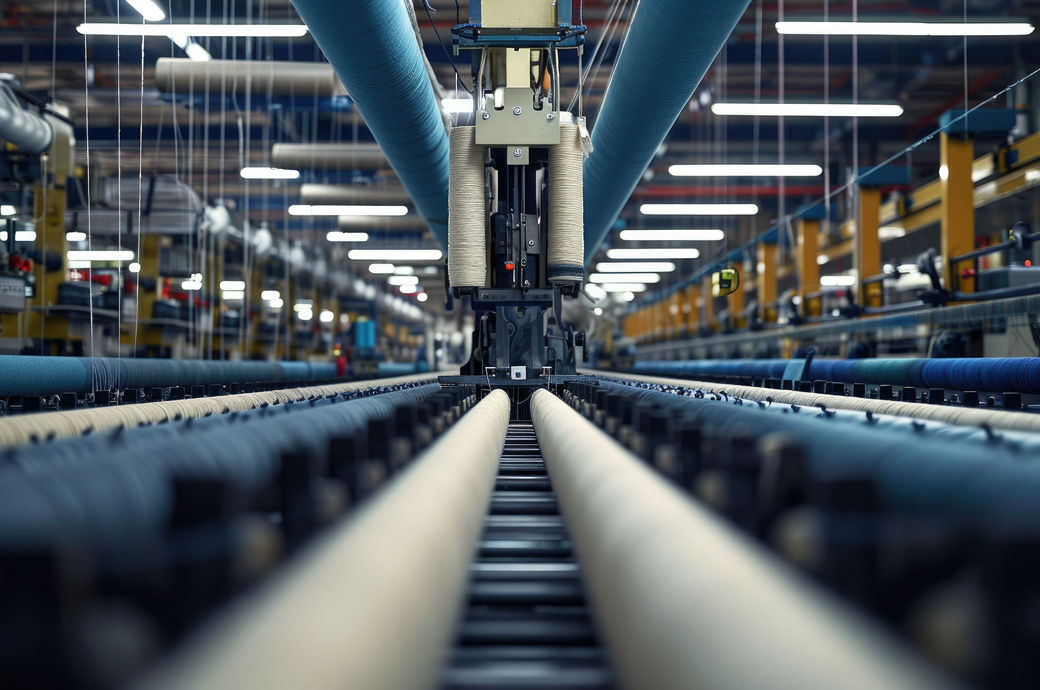
Most of these organisations have initiated these strategies within the past two years.
A majority of business leaders believe reindustrialisation will help their organisations meet climate goals with an expected carbon reduction of 13.6 per cent on an average in the next three years, the report says.
Capgemini is a global business and technology transformation partner and the research institute is its in-house think tank on all things digital.
Investments in ‘reshoring’, ‘nearshoring’ and domestic manufacturing, as well as the construction or upgrade of manufacturing facilities, are on the rise in Europe and the United States to enhance resilience against disruptions, the report says.
The majority of this funding is directed towards domestic market initiatives, comprising 54 per cent of cumulative investment in the last three years.
But hurdles such as skill shortages, scarcity of raw materials and lack of incentives will likely lead to an increase in short-term investments outside the domestic market, mainly through nearshoring and ‘friendshoring’, it observes.
The key factors driving reindustrialisation are supply chain resilience, sustainability, geopolitical tensions and legislation and incentives.
The imperative to promote supply chain resilience and the ability to adapt and respond quickly to operational disruptions is a leading driver of reindustrialisation for nearly 70 per cent of organisations surveyed.
Fifty-five per cent of organisations are optimistic that reindustrialisation will help their organisations meet climate goals, especially in reducing their Scope 3 greenhouse gas (GHG) emissions.
Sixty-three per cent of organisations recognise domestic manufacturing as strategically significant for ensuring national security.
While organisations acknowledge that incentives accelerate investment for domestic production, particularly in areas of national strategic importance, such as semiconductors, batteries and renewable energy, 49 per cent declare that government policies and regulations are supportive to their reindustrialisation efforts.
Sixty-two per cent are investing in technologies to enhance sustainability within their reindustrialisation initiatives. Giga factories are seen as a key element in the journey towards a sustainable reindustrialization.
Sixty-eight per cent expressed confidence in the potential of reindustrialisation to drive innovation and technological advancement, in particular through 5G/edge, generative artificial intelligence and digital twins in the next three years.
Half of the survey participants anticipate that reindustrialisation will drive job growth domestically across various sectors. However, meeting this demand will require a skilled manufacturing workforce, as acknowledged by 72 per cent of organisations.
The share of the manufacturing workforce with advanced digital skills, including proficiency in areas like supply chain management, data analytics and artificial intelligence/machine learning, is projected to rise from 31 per cent today to 53 per cent in the next three years.
ALCHEMPro News Desk (DS)
Receive daily prices and market insights straight to your inbox. Subscribe to AlchemPro Weekly!